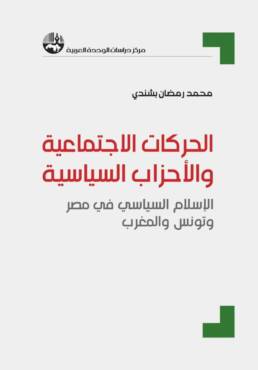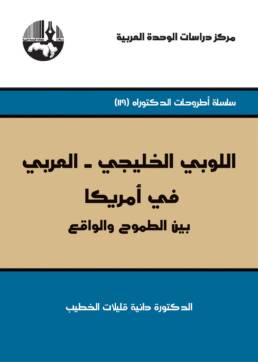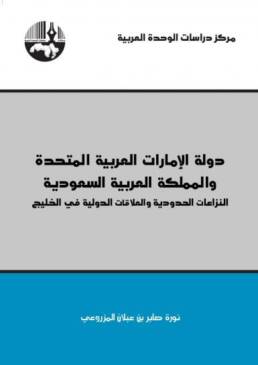The Center for Arab Unity Studies published the book Revolutionary life: The Everyday of the Arab Spring by researcher Asef Bayat, translated by Victor Sahab.
The popular uprisings that broke out across the Arab world heralded the emergence of a new generation in the revolutions of the twenty-first century. These uprisings are rich in their principles and social implications, despite their failure to bring about serious change in the political systems against which they revolted. It was not surprising that in the middle of the decade, most observers and analysts described these revolutions as a complete failure. This conclusion may be correct if the evaluation is concerned with the results achieved by those uprisings, the structural political change, and the prevailing state following those uprisings. However, the picture becomes more complicated when analysis and evaluation target the economic and social crises expressed by these uprisings and the life conditions experienced by Arab societies, and the dynamics and prospects that these uprisings also stored within the Arab popular bases aspiring to change.
This book is an attempt to propose a different way of thinking about the Arab revolutions, one that focuses not only on elites, the state, and changing political regimes, but also looks at what the revolution means for ordinary people, the poor, marginalized youth, women, and other lower groups in their daily lives. Therefore, reading revolutions in this book is not limited to what happened at the top, but rather it narrates and analyzes what was happening at the base as well: in farms, factories, slums, belts of misery, within families, and in schools, as well as, in social relations governed by ancient hierarchies, in human subjectivities and in the practices of daily life. In this context, the analysis is not limited to what the revolution did to the course of daily life, but also addresses what daily life did to the revolution.
Add a review
You must be logged in to post a review.
You May Also Like
Arab-Chinese Relations
Price range: 11 $ through 18 $
Social Movements and Political Parties: Political Islam in Egypt, Tunisia, and Morocco
Price range: 8 $ through 13 $
Al-Hawamil wa-Al-Shawamil : War and Questions of Identity in Syria
Price range: 6 $ through 10 $
The Arab Lobby and the US: Factors for success and Failure
Price range: 7 $ through 10 $
Armaments, Disarmament and International Security: Sipri Yearbook 2022
Price range: 14 $ through 22 $
Democracy in International Law between Legitimacy and Power
Price range: 6 $ through 10 $
The UAE and Saudi Arabia: Border Disputes and International Relations in the Gulf
Price range: 10 $ through 16 $








